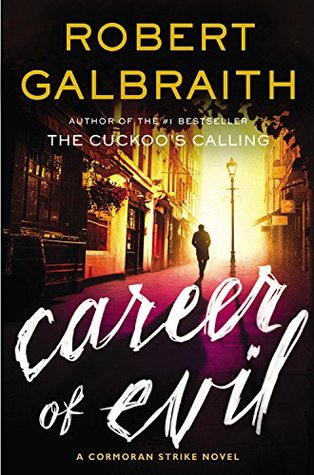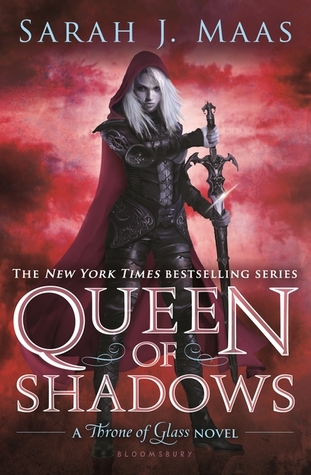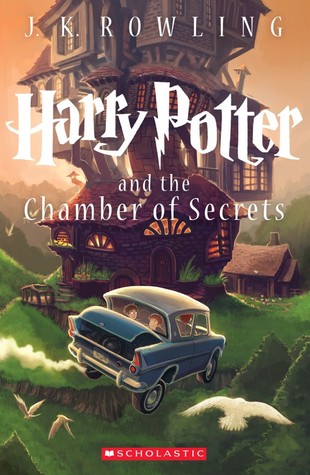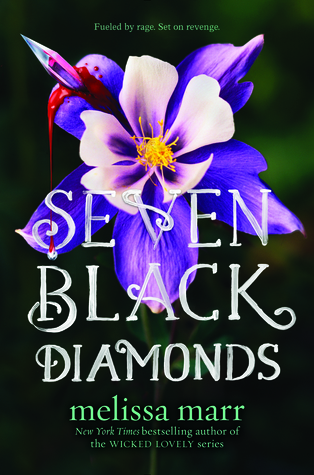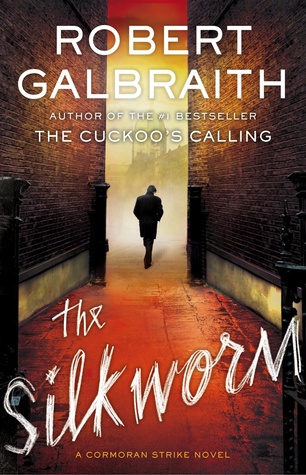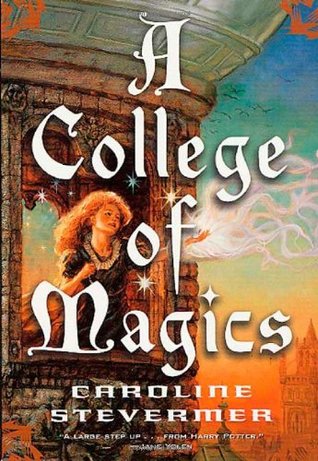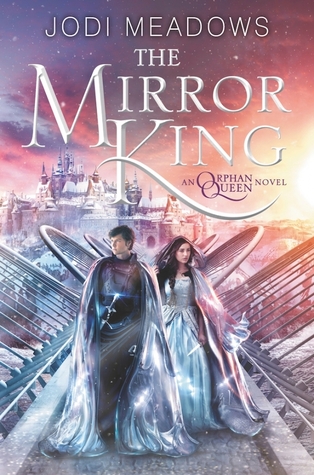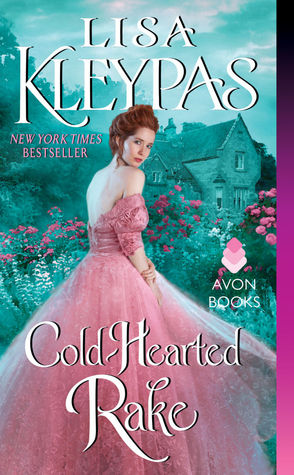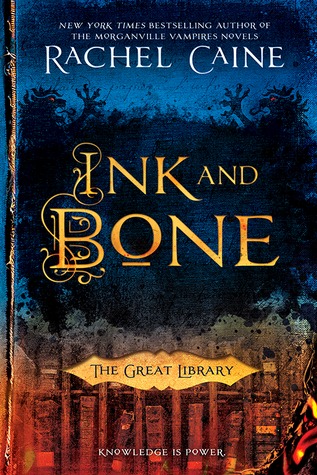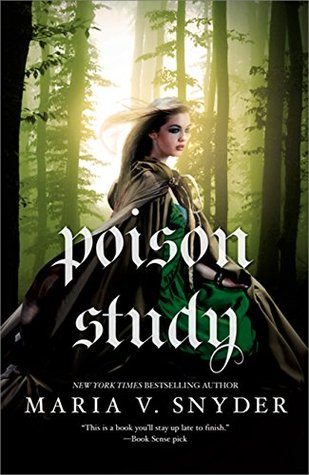 Dream Stalker is Amy Hopkins' first book, and is also the first in a series focusing on witches and wizards, collectively known as the Talented, who live in London. The main character is half-blood Emma, who has minor Talent due to her mixed ancestry and runs a tea shop where she sells teas both normal and enchanted along with the help of her inherited boggart, Gibble, and her dog, Lenny. But Emma's peaceful, tea-filled existence is jeopardized when a dream stalker begins targeting half-bloods with the goal of stealing their Talent and gifts for himself. When Emma becomes his next target, she finds herself teamed up with full-blood Talent Harrod and his fully mortal brother Martin in order to figure out who's doing the killing and stop him.
Dream Stalker is Amy Hopkins' first book, and is also the first in a series focusing on witches and wizards, collectively known as the Talented, who live in London. The main character is half-blood Emma, who has minor Talent due to her mixed ancestry and runs a tea shop where she sells teas both normal and enchanted along with the help of her inherited boggart, Gibble, and her dog, Lenny. But Emma's peaceful, tea-filled existence is jeopardized when a dream stalker begins targeting half-bloods with the goal of stealing their Talent and gifts for himself. When Emma becomes his next target, she finds herself teamed up with full-blood Talent Harrod and his fully mortal brother Martin in order to figure out who's doing the killing and stop him.I think this was a great world and a story that had really good bones, but it needs a lot more polish to be a good book overall. Emma's tea shop is charming, Harrod and Martin were enjoyable characters, and Gibble turned out to be one of the most interesting "people" in the book once more information about him came out. The world itself is interesting; it's Earth as we kind-of know it, but witches, wizards, and supernatural creatures collectively known as Otherworlders (like boggards, fae, giants, and so on) live some-what integrated lives. Everyone is aware of everyone else's existence, even if they don't necessarily like them. Half-bloods like Emma get the short end of the stick in it all, because they're kind of caught between the mortals and the Talented, which is a neat way to approach prejudice and discrimination (for example, if half-bloods want to visit the walled-in area of London where full-blooded Talents live, they need to show paperwork and their movements are tracked) but didn't really seem to make sense because, while people were campaigning for mortal inclusion, it didn't seem like any half-bloods had really bothered to speak up for themselves. The Otherworld and the dream worlds were very well-done, with laws and happenings of their own that the story obeyed rather consistently.
But overall, consistency is something that's lacking in this book. At one point, it's five half-bloods who have been targeted before Emma; at another it's six. Harrod's last name changes from Passar in the early chapters to Umbers in a later one. Emma says that two of the victims were her close friends, and yet there's not really any evidence of her having real friends other than possibly Harrod and Martin, once they meet; she seems to have many acquaintances, but no one she regularly talks to or involves in her life other than Gibble and her dog. There's also a desperate need for an editor with an eye to the use of grammar, particularly in regards to dialogue. Problems with punctuation in regards to dialogue abound in this book--and I'm not talking about general comma usage, which people are horribly divided on in general. I'm talking about improper use of periods and commas at the end of people speaking, before the dialogue tag, like "Blah blah blah." Harrod said, which should be "Blah blah blah," Harrod said. This is extremely standard and I have to think that, to some degree, Hopkins knows it, because in some places it's correct. In others, not so much. Some dialogue is missing ending punctuation entirely. Hyphens are used where em- and en-dashes should be; there's not a real "dash" used properly anywhere in this book. Things like Talent, various races, and the Otherworld are capitalized at some points and not at others, as if Hopkins couldn't decide if she wanted them to be proper nouns or just regular nouns. After I finished reading, I did a quick re-run through of the book's first five chapters, just scanning to see what jumped out at me, and highlighted twenty-five instances of these errors. There were probably more I missed. They were all so obvious that really just one more quick line edit would have fixed them and made the book appear much more polished as a whole. Sure, professionally-published books put out by the Big Four houses sometimes contain mistakes, but not on a scale even similar to this.
I also think that, lovely as the plot was, parts of it could have used fleshing out. There are two parts where I really would have liked to see more of this: in regards to the "big reveal" about who the villain was, and in regards to what happened in the dream world. First, though the villain does appear at one point earlier in the book, he is not really woven into the story as a whole until it's revealed what he's up to. It seems like Hopkins wanted us to be feel betrayed by this person, but Emma didn't really have enough of a relationship with him for that to happen. Seeing him worked a little more fully into the plot would have gone a long way toward maximizing the "twist" factor when the time for the reveal came. Second, though I think the dream world at the end was overall very well done, possessing that sort of weird and disjointed logic that so often occurs in dreams, the part with the rat didn't feel fleshed out to me. Was it a real rat or not? That was never made clear, and it seemed like something more was going to be made of him, but it never was. It just kind of fell off, and Emma let it go as if nothing had ever really happened. Like the villain, I would have liked to see this worked in a bit more; a little more fleshing out on those two things would have made the story as a whole feel a bit more consistent and cohesive.
Overall, this was a good story but not a good book. The world and characters have so much potential but sloppy formatting and editing and a poor eye to detail left me wanting more and wondering if I should bother with the second book, Barrow Fiend. I'll probably try the sample to see if these problems have been resolved, because it should be apparent within that sample range. There's so much potential here, it was somewhat disappointing to see it so roughly finished.
3 stars out of 5, but if it gets an update to resolve some of its finishing issues I would revise that upward.
